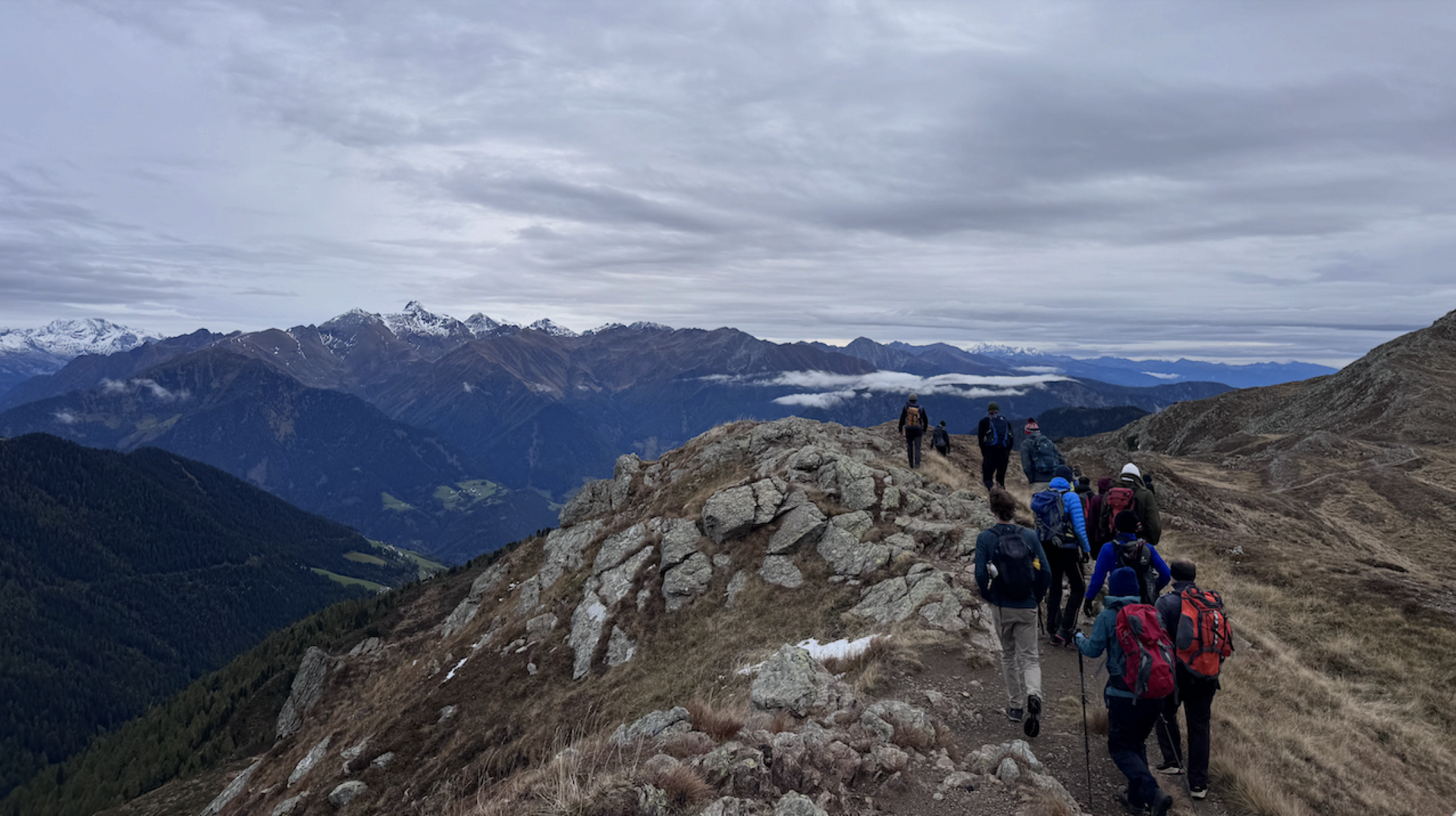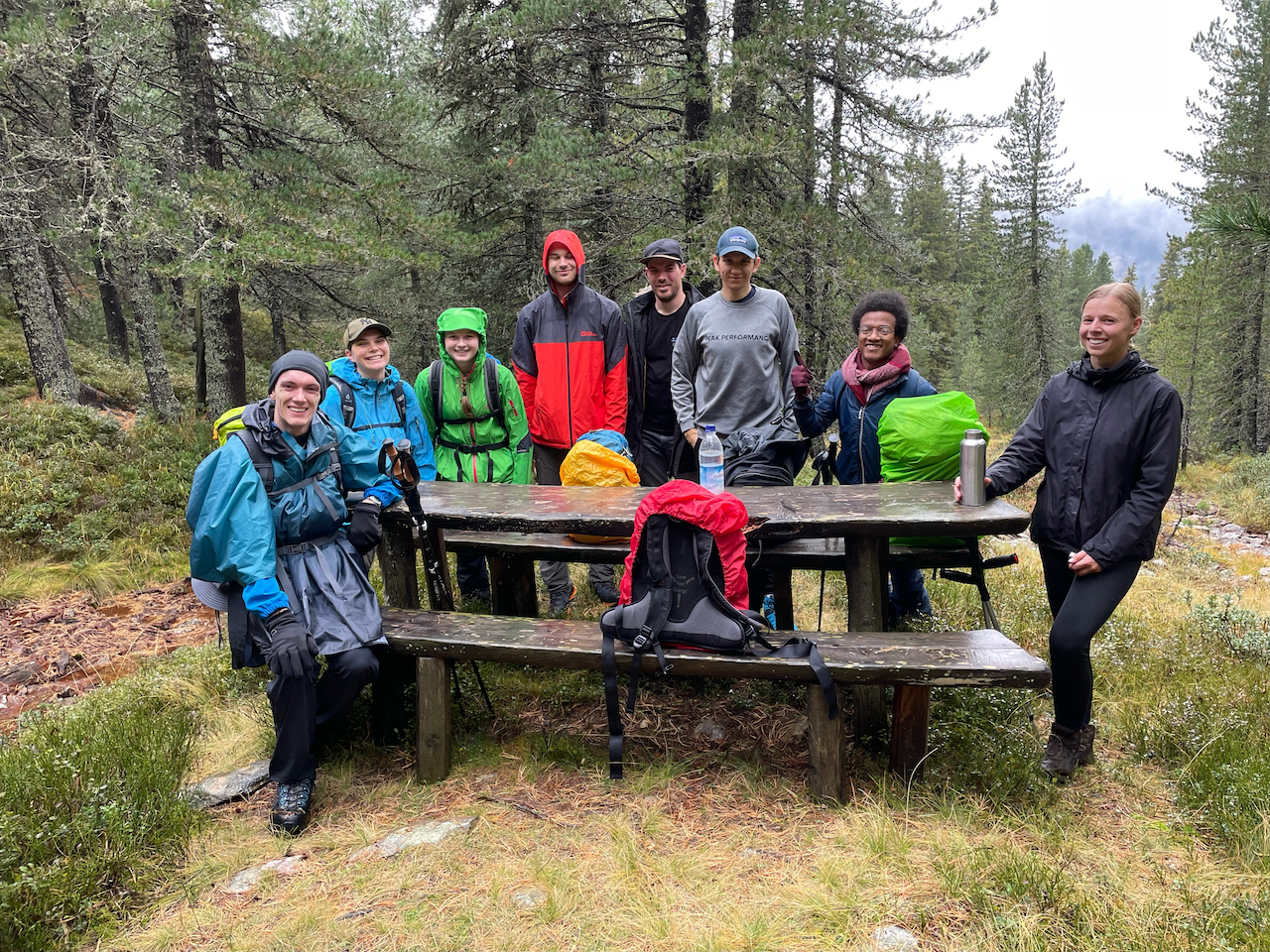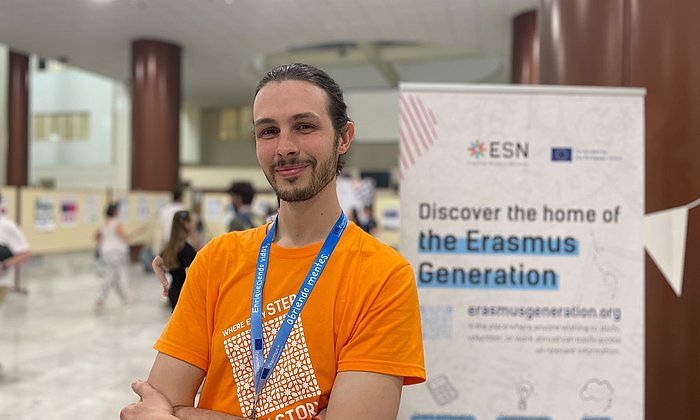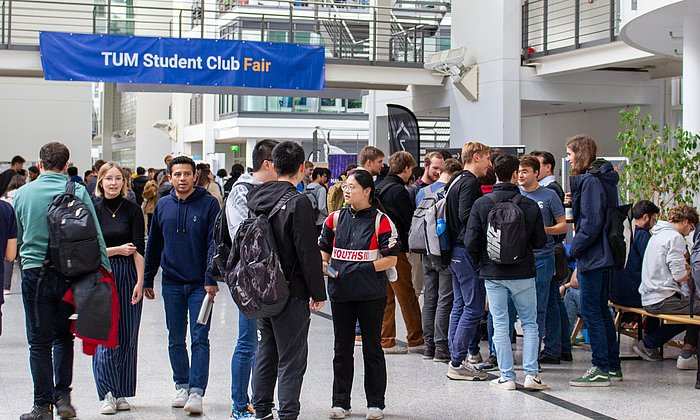Where community grows and careers take off
40 years of the Summer Academy “Ferienakademie” in Sarntal Valley

"Top grades in the 1.0 to 1.2 range are the rule rather than the exception regarding applications. We specifically take on people who stand out extremely positively due to their commitment and personality. This year, there were again twice as many applications as places in the Summer Academy," says Prof. Hans-Joachim Bungartz, Director of the Ferienakademie since 2006. For the rest of the year, the computer scientist is Dean of the TUM School of Computation, Information and Technology (CIT), the largest of the seven schools at the Technical University of Munich (TUM).
213 participants were selected this time - from more than 110,000 students from the universities involved in the Ferienakademie: TUM, Friedrich-Alexander-Universität Erlangen-Nürnberg (FAU) and the University of Stuttgart (US). The Ferienakademie was founded in 1984 by computer science pioneer and TUM professor Friedrich L. Bauer. Just one year later, the FAU also became involved, and in 2002, the US joined as the third institution. The Ferienakademie is financed by the three universities as well as sponsors such as the Bund der Freunde der TUM and corresponding philanthropic groups at the US and FAU. Companies such as Siemens also regularly contribute funds.
Accommodation for the participants is simple and functional. They sleep in five guesthouses, and the courses take place in dining halls, taprooms, and small adjoining rooms. "There is no luxury, there are no grades, there are no ECTS points for studying. Brilliant minds just work together and see what is possible in twelve days. It's great fun," enthuses Bungartz.
The Ferienakademie offers a unique opportunity to deal intensively with a topic and make valuable contacts at the same time. "You get to know each other and can identify the best talents," explains Bungartz. He regularly recruits over half of his doctoral students through the Ferienakademie. This year's ten courses are interdisciplinary and cover a wide range of topics. A particular highlight of the Ferienakademie is the opportunity to learn and research in the inspiring mountain environment.

A wide range of projects
For example, the theoretical elementary particle physicist Prof. Andreas Weiler and the experimental astroparticle physicist Prof. Stephan Schönert dealt with dark matter. Equipped with a portable muon detector, they took the participants of their course to the Latzfonser Kreuz (2296 m) and the summit of the Kassian (2581 m) and explored the Rabenstein mine (1250 m) to find out how many muons can be measured at different heights and depths. Muons are high-energy particles produced in the atmosphere when cosmic radiation collides with atoms.
Under the mentoring of political scientist Prof. Miranda Schreurs, students from Germany, Mexico, India, Greece, Malaysia, Iran, and the Philippines simulated the relationships and interactions between four virtual states. In a role-playing game, they negotiated complex issues such as development, trade, energy, and climate protection. And time and again, the question arose as to what brings better results: cooperation or self-interest?

TUM professors Franz Hagn (Structural Membrane Biochemistry) and Dominik Bucher (Quantum Sensor Technology) loaded small, mobile devices for nuclear magnetic resonance spectroscopy (NMR) and magnetic resonance imaging (MRI) into their cars and brought them with them to South Tyrol. Twelve chemistry, biochemistry, physics, and medical technology students learned how to use these instruments very practically and, for example, analyzed water samples collected from a mountain spring for their iron content.
Prof. Bernd Brügge's course dealt with a specific task from industry. His former doctoral student, Jan Phillip Bernius, had brought a challenge from his employer, Siemens. The task was to design industrial software applications. "What came out of it was absolutely top international class," enthuses Bernd Brügge.
The course run by Hans-Joachim Bungartz and Prof. Harald Köstler (FAU) was dedicated to developing a simulation-based computer game. The participants created a prototype - from the idea to the design and game physics to the implementation as program code. "Here, 22 students from 12 different degree courses work together on a project, and after ten days, they have a product that would take industry much longer." However, the actual learning objective is not correct programming, as computer scientist Hans-Joachim Bungartz emphasizes: "The students should understand that they need the expertise of others to be successful."
For many TUM graduates, the Ferienakademie was a place of inspiration and a milestone in their personal and professional development. The lecturers also describe their experience as highly enriching. Many of them have been returning to the Sarntal Valley for years. The record holder is Dr. Herbert Ehler. The former Managing Director of the Faculty of Computer Science and of the School CIT has already attended 37 times. "The Holiday Academy brings great young people into contact with each other. They work, discuss, hike, and celebrate together. It's unique and gives you an incredible amount of motivation."
Applications for participation in 2025 are possible from February to the beginning of May at www.ferienakademie.de.
Technical University of Munich
Corporate Communications Center
- Ulrich Meyer
- presse@tum.de
- Teamwebsite




